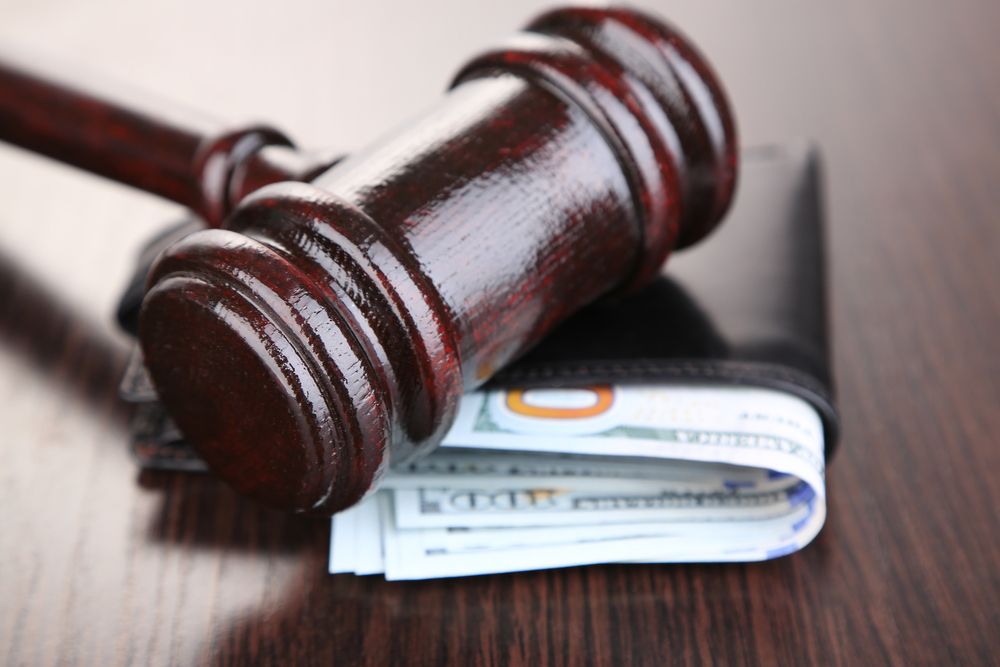
When faced with the burden of unpaid debts, one of the most unsettling consequences that can arise is wage garnishment. This legal procedure allows creditors to claim a portion of your earnings directly from your paycheck, leaving you with less control over your income and potentially straining your financial stability. Understanding wage garnishment is essential for both preventing it and navigating the process if it does occur. In this article, we’ll explore what wage garnishment entails, its impact on your financial health, your rights, how to avoid it, and the steps to take if your wages are being garnished.
What is Wage Garnishment and How Does it Work?
Wage garnishment is a court-ordered method of debt collection that requires your employer to withhold a certain amount of your paycheck and send it directly to the creditor or entity to whom you owe money. This can happen for various types of debts, including but not limited to, child support, student loans, taxes, and credit card debt.
The process typically begins when a creditor files a lawsuit against you for unpaid debts. If the court rules in favor of the creditor, it will issue a garnishment order. The garnishment order is then sent to your employer, who is legally obligated to comply by deducting the specified amount from your earnings each pay period until the debt is paid off or the court order is lifted.
The amount that can be garnished from your wages is subject to federal and state laws. Under federal law, the maximum that can be garnished is generally 25% of your disposable income or the amount by which your weekly wages exceed 30 times the federal minimum wage, whichever is less. Some states have stricter limits, so it’s important to know the laws specific to your location.
The Impact of Wage Garnishment on Your Finances
Wage garnishment can significantly impact your financial health. Not only does it reduce your take-home pay, but it also might force you to reevaluate your budget and spending habits. For individuals living paycheck to paycheck, losing a portion of their income can mean being unable to pay for necessities like housing, food, and transportation.
Moreover, because garnishment is a matter of public record, it can also affect your credit score and make it more difficult to obtain loans or open new lines of credit. Employers are generally prohibited from firing an employee solely because of wage garnishment for a single debt. However, if you have multiple garnishments, your job could potentially be at risk, which would further exacerbate financial difficulties.
Understanding Your Rights in the Wage Garnishment Process
Even though creditors have the legal right to garnish your wages, you also have rights that protect you during this process. You must be legally notified of the garnishment, which gives you the opportunity to take action. This notice should provide details about the debt, how much is being claimed, and information on how you can contest the garnishment.
You have the right to dispute the garnishment if you believe it’s in error, if you’ve already paid the debt, or if you think the amount being garnished is too high. You can request a hearing to plead your case, and if you’re successful, the garnishment may be reduced or eliminated.
Some types of income are generally exempt from garnishment, such as Social Security, disability, and veteran’s benefits. Understanding these protections can help you manage your finances and potentially keep more of your income.
Strategies to Avoid Wage Garnishment
The best strategy to avoid wage garnishment is to take control of your debts before they reach the point of legal action. This means staying in communication with creditors, especially when you’re struggling to make payments. Often, creditors are willing to work with you to create a payment plan that is more manageable given your financial situation.
Creating a budget and cutting unnecessary expenses can free up funds to put toward your debts. If you’re overwhelmed by multiple debts, consider seeking the help of a reputable credit counseling service, which can assist you in managing your debts and may negotiate with creditors on your behalf.
If you’re facing a lawsuit for debt, don’t ignore it. Responding to the lawsuit or seeking legal advice can prevent a default judgment that leads to garnishment. Being proactive can make a significant difference in the outcome of your financial difficulties.
What to Do if Your Wages Are Being Garnished
If your wages are already being garnished, there are still steps you can take. First, ensure that the garnishment is being correctly calculated and that your employer is withholding the right amount. If there are errors, you can seek a court modification of the garnishment order.
You can also look into consolidating your debts or settling with creditors for less than the amount owed. In some cases, filing for bankruptcy might be a viable solution, as it can put an immediate stop to most garnishment actions. However, bankruptcy has its own set of consequences and should be considered carefully with the guidance of a bankruptcy attorney.
Finally, focus on improving your financial situation by seeking better employment opportunities, additional income sources, or furthering your education to increase your earning potential. Though wage garnishment can be a challenging obstacle, with the right approach and mindset, you can overcome it and rebuild a solid financial foundation.
Wage garnishment is a serious consequence of unpaid debts that can disrupt your financial life. However, by understanding how it works, acknowledging its effects, knowing your rights, taking steps to avoid it, and knowing what to do if it happens, you can navigate this process with confidence. Remember that seeking professional financial or legal advice is always a smart move when dealing with complex financial issues like wage garnishment. With informed actions and a proactive attitude, you can work towards regaining control of your financial future.
